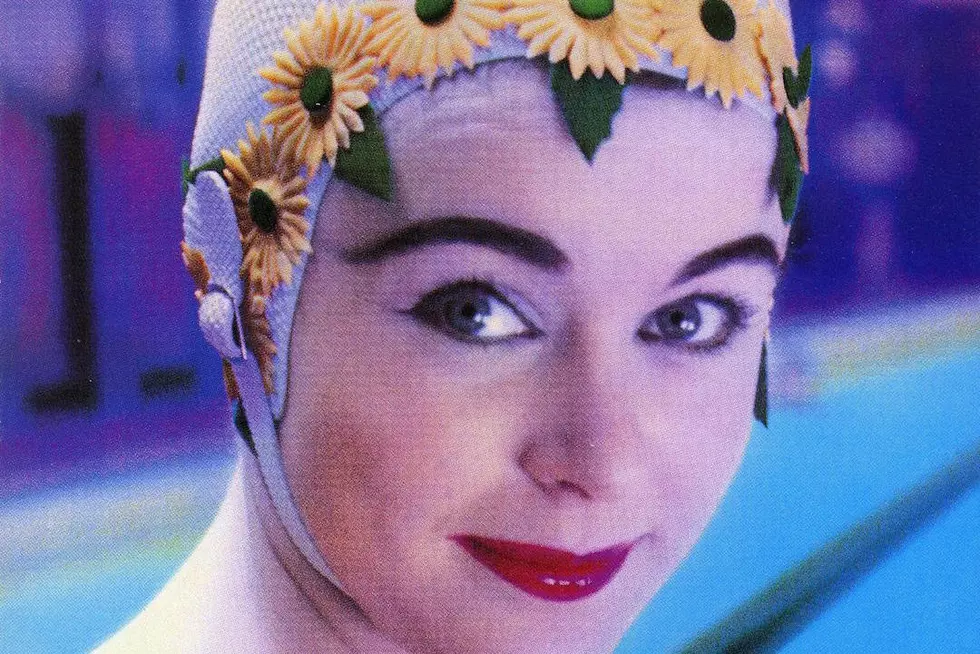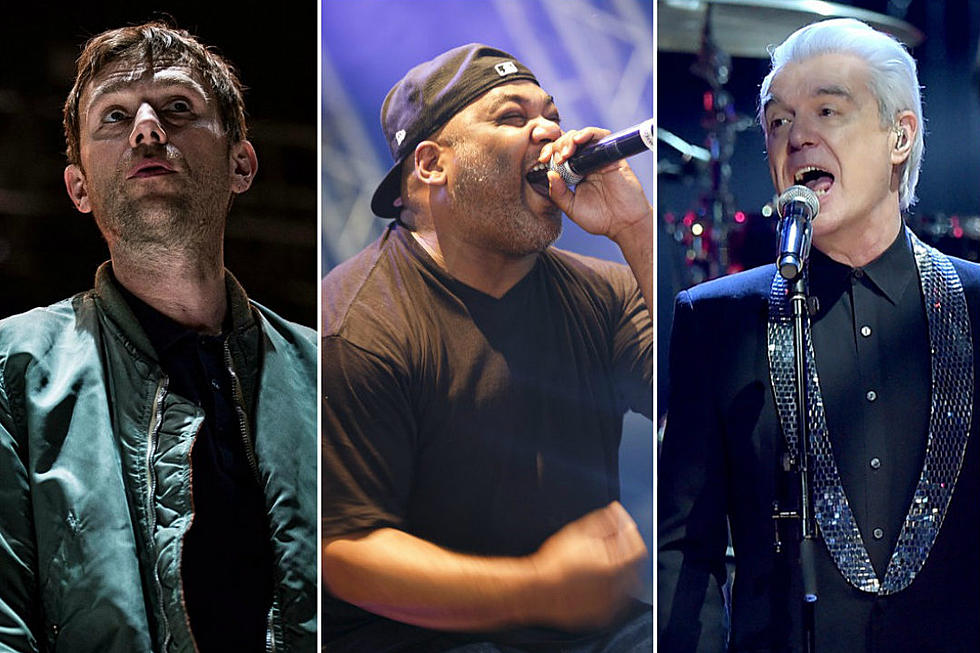
Blur: Points of Departure
No band is an island. The best songwriters tend to be sponge-like soaker-uppers of music, film, fine art, literature and other forms of culture, be they popular or obscure, and these influences often find their way into the music, helping listeners branch out and develop new interests. With Points of Departure, we use our favorite groups as springboards for broader cultural investigations and highlight some of the cool things you might get into via your record collection. This week: Blur.
- Erich Auerbach, Hulton Archive, Getty Images
Erich Auerbach, Hulton Archive, Getty Images British Class Consciousness
From the start, Blur were considered the middle-class alternative to Oasis' working-class roughnecks. But it's never been that simple. More than any other band in the '90s, Blur addressed the class consciousness that seems to hang over every aspect of British culture. And they did so with style, wit and a sense that class division is the means, as well as the end, to a functioning society. Their Life Trilogy -- which includes 1992's 'Modern Life Is Rubbish,' 1994's 'Parklife' and 1995's 'The Great Escape' -- chronicles everyday class struggles in songs like 'For Tomorrow' (about London's poshest area), 'Parklife' (middle-class and Cockney dialects) and 'Country House' (upper-class estates). Stiff old men in bowlers often collide with ale-swilling pub dwellers in Blur's worldview, and neither leaves without scars.
- Simone Joyner, Getty Images
Simone Joyner, Getty Images Britpop
Britpop can be traced all the way back to when the Kinks were singing about 'The Village Green Preservation Society.' But it thrived in the '90s, when U.K. indie bands like Pulp, Suede and Supergrass combined ringing '60s guitar riffs with lyrics that meant a whole lot more to British audiences than to American ones. On their second album, 'Modern Life Is Rubbish,' Blur spearheaded the movement and became the genre's favorite poster boys until Oasis started making some noise. The two bands spent the mid-'90s battling for Britpop dominance. In 1997, Blur released a self-titled album influenced by American indie rock, which Britpop initially counteracted, effectively closing a chapter on the genre.
- Three Lions, Hulton Archive, Getty Images
Three Lions, Hulton Archive, Getty Images Madchester
Even though Blur were from London, they originally attached themselves to the Madchester scene that started in Manchester, England, in the late '80s. The music was a blurry mix of indie pop, dance music and psychedelic rock, led by bands like the Stone Roses, Inspiral Carpets and Happy Mondays. The trippy music gave way to neo-hippie style, featuring flared jeans, goofy hats and kaleidoscopic, tie-dyed shirts. Blur's early singles and first album, 1991's 'Leisure,' drew heavily from Madchester, which, like most passing trends, died before their second album came out two years later.
More From Diffuser.fm









